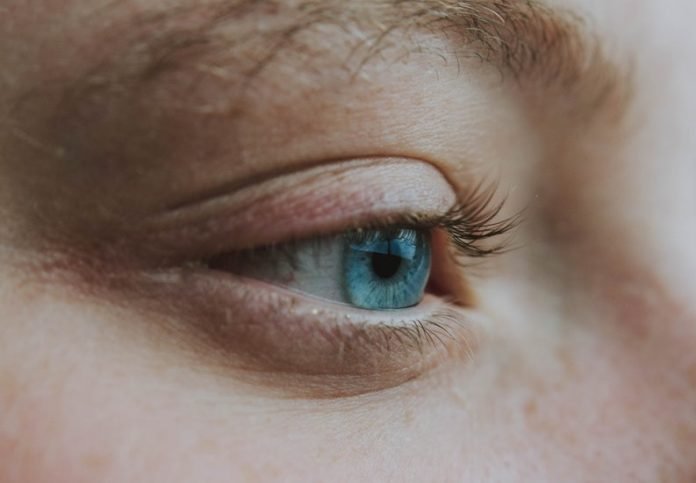
When people win or lose something, their pupils dilate slightly.
In a new study, researchers found that this dilation is less pronounced in depressed patients than in healthy people.
They found that the more severely ill the patients were, the less the pupil opened.
In the long term, this finding could lead to a more substantiated diagnosis that is not only based on patient statements but is also biologically measured.
This could lead to more individualized treatment.
The research was conducted by a team at the Max Planck Institute of Psychiatry.
For decades, scientists have been trying to find out whether patients with depression value rewards less than non-depressed individuals.
In the study, participants played a simple game while in the magnetic resonance imaging (MRI) scanner, where they could win a small amount of money.
Winning money is a clear incentive that is known to cause pupil dilation in healthy people.
The researchers measured the pupils of their study participants extremely accurately and at an extremely high speed.
They were able to prove a link between pupil dilation in response to an expected reward and the severity of depression.
The more severe the symptoms of depression were, the less dilated the pupils would become.
The study shows that the prospect of a reward in severely depressed patients does not lead to the same behavioral activation as in healthy individuals.
Even with such a positive expectation, their nervous system may activate less strongly.
The researchers believe that psychiatric disorders should be grouped differently than current diagnosis groups.
The decisive factor would be biological data such as pupil dilation, which can be clearly measured. Patients with depression who react less strongly with their pupils would form a separate subgroup.
Then doctors will be able to treat these patients in a more targeted manner.
The study is published in Brain Sciences.
Copyright © 2020 Knowridge Science Report. All rights reserved.



